Guest post provided by Chris Ashworth
In the past, the Facilities Manager had little influence on building design. Then PFI came along, with large contractors taking on responsibility for a building’s operation. In many cases the FM provider was a division of the PFI Contractor and as a consequence, the design process started to take into consideration practical issues around ease of maintenance, often influencing product selection beyond the products that required maintenance.
BIM as a driver
In the last few years Clients have started to recognise that the capital cost of their building is exceeded by the operating cost. With figures suggesting that over a 25 year period operating costs can be as much as four times the building’s capital cost. Quite rightly, the input of the FM manager may be included in that early design process, with Building Information Modelling (BIM) acting as an enabler for this. If not having direct input, manufacturers should at least present information to the FM to support the case for their products. The FM will be interested in avoiding unnecessary repair costs and utilising product warranties, as well as establishing not-to-exceed pricing agreements with vendors.
The government objective for 2016 was to achieve BIM Level 2 on all central government projects. This is happening and the industry is starting to adopt BIM Level 2 beyond government projects. The next stage is to achieve BIM Level 3, which is likely to come into effect between 2018 and 2020. Here the focus is much more on operation and maintenance and the role of the Facilities Manager will increase in importance.
BIM is the starting point as a source of data on the products and systems which comprise the building. O&M data that is not needed for the design and construct phases of a project is known as COBie data. In the past it could take six months for the FM team to familiarise themselves with the operating data, so just by having all of the information in a common format provides a time saving.
But Facilities Management companies have also become far more sophisticated. Integrated or total facilities management is becoming common place. Price competition between FM contractors is intense. There are many challenges for the facilities management team, not just doing more for less, but also managing aging assets and rising energy costs.
Data management
Outsourced FM firms recognise that they represent a cost to the Client, therefore they will work to contribute to the business model and provide value. Much of this is about data management, or Big Data as it is becoming known. Sophisticated building management software is now being used to analyse usage of systems, anticipate replacement and provide data on sustainable performance and achievement of service level agreements. In the future we will see sensors embedded in products to measure usage by building occupants, and the FM company will then use this to inform how services such as lighting, heating and cooling are used, reducing operating costs. Information on people movement may even be used by the building occupant to re-assess how the building is utilised.
Looking to the future, Clients and Tenants will expect to get much more from their buildings. Meaning the FM needs to provide socially responsible solutions, taking into account life cycle sustainability.
The Facilities Manager’s role is diverse and complex, requiring them to be multi-taskers and highly organised. Equally they need to build strong relationships with Suppliers and Clients, as trust is needed to ensure the best service delivery. The construction product manufacturer can help with this by engaging with the FM to understand how to make their job easier or bring benefits to their role. The construction product manufacture also needs to ensure COBie data is available for your products.
Competitive Advantage have developed a Understanding the Facilities Manager persona which is available for you to purchase and download.
Further Information
Promoting your company and building products with Barbour Product Search can help to increase your visibility to the full specification audience. Email editor@barbourproductsearch.info for more information.
Sign up to the Competitive Advantage newsletter for an overview of construction market activity as well as construction sales and marketing advice.
Chris is a specialist in specification strategy and founder of Competitive Advantage Consultancy which specialises in market research and training for the construction industry. He is a member of the BIM4M2 steering group and Deputy Chair of the organising committee for CIMCIG, the Chartered Institute of Marketing’s Construction Industry Group.
Related Blog Articles



![Communicating with specifiers & developing a personalised persona [EVENT] Communicating with specifiers & developing a personalised persona [EVENT]](/20/blogentry/00/04/48/th382.png)

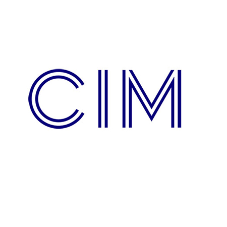

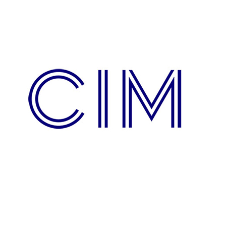
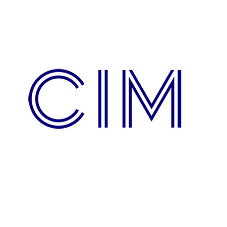
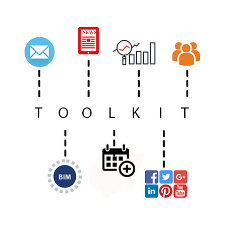
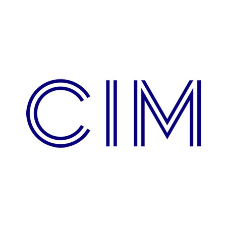
![A strategy for communicating with specifiers [EVENT] A strategy for communicating with specifiers [EVENT]](/20/blogentry/00/03/82/th382.png)